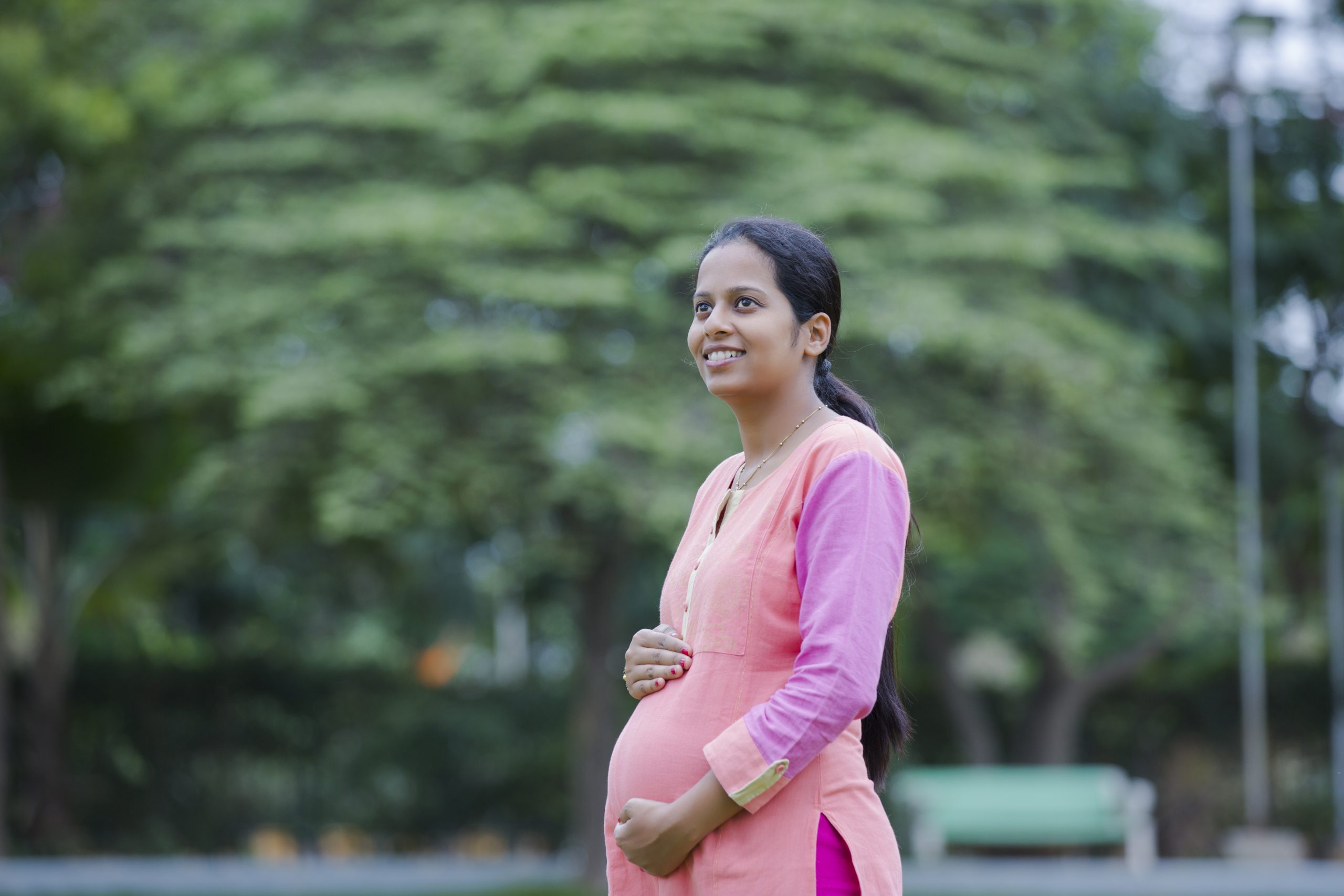
By: ManjuChandran
by LAUREN CODLING
MOTHERS and babies are at risk in maternity units across the country, a report warned earlier this month.
Published by the Care Quality Commission (CQC), researchers of the study expressed concern that inspections of some maternity units had found similar issues to those identified by an inquiry into baby deaths held in 2015.
The Kirkup Report had previously investigated failings in maternity care at Furness General Hospital, Cumbria, which led to the preventable deaths of one mother and 11 babies.
Despite the findings, the latest CQC analysis discovered some issues still affecting the safety of maternity care today. These included staff not having the right skills or knowledge; poor working relationships between obstetricians, midwives and neonatologists and poor risk assessments.
Previously, the regulator had found women from older age groups or ethnic minority groups or who live in deprived areas have higher maternal death rates. Research from 2019 showed Asian women were two times more likely to die as a result of complications in their pregnancy than white women.
Neonatal mortality is also considerably higher for babies of black or Asian ethnicity.
Dr Edward Morris, president for the Royal College of Obstetricians and Gynaecologists (RCOG), called the “striking variation” of maternal death rates among women from different ethnic groups “extremely concerning”.
“The RCOG is determined to find out why this variation exists and what can be done to address it,” Morris told Eastern Eye on Monday (23). “We are calling on the government to tackle the issues related to racial disparities in women’s healthcare as an urgent priority.”
Sarah Siguine, head of pregnancy information at charity Tommy’s, agreed it was urgent that authorities worked together to ensure “all women have the positive pregnancy and birth experience they deserve”.
“It is deeply concerning that mortality rates among black, Asian and mixed-race women are much higher than among white women,” Siguine told Eastern Eye.
CQC’s deputy chief inspector of hospitals and lead for maternity Dr Nigel Acheson said many pregnant women experienced high-quality care – but he acknowledged this was not always the case. “While CQC’s current NHS maternity service ratings indicate some improvements in quality since our first round of comprehensive inspections, we are still seeing too much variation in quality and safety across the country,” he said.
“The continued focus on the safety of maternity services is welcome – and we are seeing some positive change,” he added. “However, the progress made does not yet meet the scale of the challenge, and we must accelerate efforts at pace if the improvements in safety are to be achieved with the urgency needed.”
Zeenath Uddin, head of quality and safety at the Royal College of Midwives (RCM), said the variation of quality in services across the country needed to be addressed.
“Maternity services can learn a lot from these reports as they clearly identify areas of outstanding practice and this allows teams to focus on areas that require further support and improvement,” Uddin said.
According to Uddin, the RCM works closely with the RCOG on key safety initiatives to improve safety and reduce the UK stillbirth rate.
“We are seeing improvements in multi-disciplinary work as maternity teams across the UK including doctors and midwives, are working hard together to ensure women get the maternity care they need and deserve,” she added.
Welcoming the CQC report, Dr Morris stressed the RCOG were committed to ensure every woman and her baby have the best possible maternity experience.
Tommy’s said it was committed to working with partner organisations to improve the quality of maternity care for all women in the UK. “We urge everyone to make use of Tommy’s free online resources, especially those in high-risk groups who will benefit most,” Siguine said.
A Department of Health and Social Care spokesperson stressed every woman and baby deserved to receive “high-quality, safe maternity care, no matter where they live or who they are”.
“Midwives, doctors, neonatal nurses and maternity support workers are working tirelessly to ensure women and babies are getting the support they need, but we know more needs to be done,” the spokesperson said. “Since 2017, we have launched a range of maternity safety improvements – including more data, more support, and clearer processes for reviews and investigations – to ensure better outcomes for mothers and babies and help the NHS continuously improve.”
The NHS Long Term Plan, announced last January, has pledged to support maternity services with an extra £33.9 billion a year by 2023/24.
